I enjoy looking beyond the immediately obvious sources of business and management texts for lessons worth learning, and military history is possibly the best teacher of all.
Last Friday was 25th October – St. Crispin’s day – and the anniversary of the famous battle of 1415, where English longbowmen punished the mistakes of the numerically superior French army in the Pas-de-Calais region of France. Not only was this a decisive victory for Henry V in the One Hundred Years War between England and France, it also ended the code of chivalry in battle, the hopelessly romantic approach to warfare so loved by the French.
Leadership failings
On the French side, the leadership failings were many.
In the first instance, they were poorly led and badly organised. France’s King Charles VI was mentally unstable by this time, and delegated his battlefield leadership to senior soldiers who lacked the rallying symbolism of the CEO’s presence. And because the French had underestimated how many fighting men would respond to the rallying call, they were hampered by the size of the force that assembled to fight. The vast numbers made communication and coordinated movement very difficult.
On the battlefield, although they could clearly see the English troops had formed across a narrow strip of open land, between two large woods which prevented flanking attacks, the French seemed unable to consider an alternative to a notoriously risky frontal attack. The risk was greatly accentuated by the fact that in the longbow, the English had a weapon that could kill at a far greater range than the French crossbow. And to make matters worse for the French, weekly practice was compulsory for English archers.
Taunted by English bowmen with the ‘two fingers’ gesture (origin of today’s offensive version) that defied the French to carry out their threat of cutting off English archers’ bow fingers, the French advanced prematurely across ploughed fields, drenched by recent heavy rains. With many of them sinking up to their knees in mud, the effort of moving forward in heavy armour was physically exhausting. When the English archers darkened the sky with their arrows, and the French men and horses fell, followed quickly by the ranks pressing against them from behind, the fate of France’s finest was sealed.
The lightly-armed English made swift work of the French, who were floundering in the mud. with only senior French knights taken captive for ransom.
Error catalogue
Information gathered after the battle made one further French error very clear, perhaps the most damning of the French preparation and mindset before the battle, and a warning for business leaders seeking to learn from past challenges: complacency and over-confidence. Contemporary reports describe French forces noisily celebrating their impending victory on the eve of Agincourt, calling provocatively across to the more subdued and thoughtful English camp, who were unaware that so sure were their opponents of victory that they had prepared a cart in which to show off the English king as soon as he was captured.
What lessons are there from a muddy field in France?
- CEOs and leaders need to delegate, not dump. If they are the recognised head of an initiative, what does it say if they are not present when severe difficulties occur?
- Recruitment is always given a lot of management bandwidth, but planning, logistics – and even HR itself– are sometimes afforded secondary billing on an organisation’s priorities list.
- If a business chooses a frontal market attack on a competitor, the likely outcome is probably going to be quite binary: win or fail. Gradual, more subtle strategies are usually a better bet (even if they don’t make front page of the trade magazines)
- In 1415, the longbow was a technological advancement that was adopted enthusiastically by the English – with a training programme to support it. The competitive advantage was secured.
- Hubris, or pride before the fall, is a regular failing of bigger companies in their business press efforts. How about securing the prize before crowing about its ‘inevitable’ capture?
A cautionary tale for business leaders in an age when enterprise is often directly comparable to warfare? Maybe so. But at least an English victory inspired Shakespeare to give Henry V memorable words in his famous speech, which included the much-quoted:
And Crispin Crispian shall ne’er go by,
From this day to the ending of the world,
But we in it shall be remembered-
We few, we happy few, we band of brothers;
Share this article?
[social_share align=”horizontal” heading_align=”inline” facebook=”1″ twitter=”1″ google_plus=”0″ linkedin=”1″ pinterest=”0″ /]

